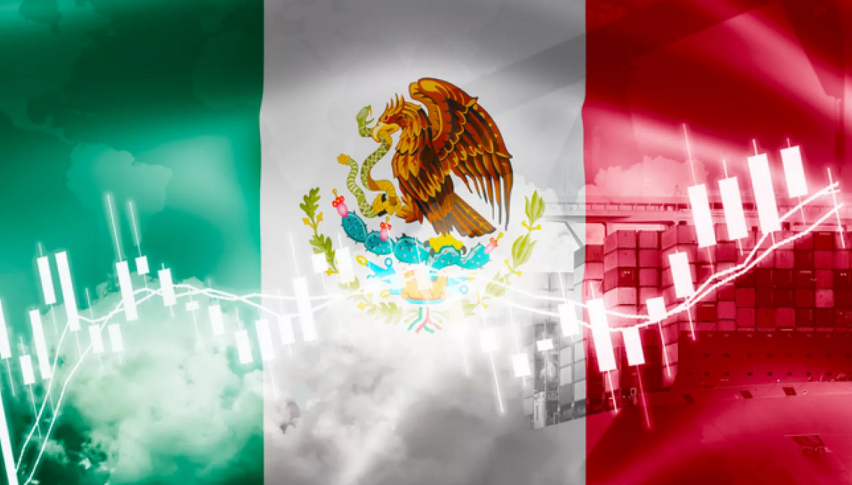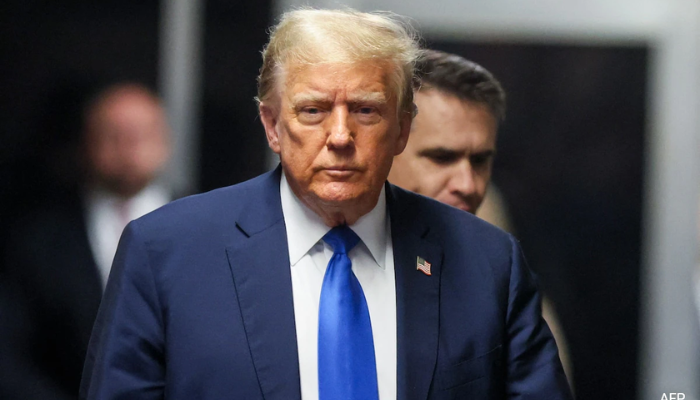The Mexican stock market, BMV, is operating with losses; Bimbo shares are under pressure.
The Mexican market indices are falling after a positive opening, pressured by Grupo Bimbo's shares, which are down almost 4%.

The Mexican stock market, BMV, is operating with losses; Bimbo shares are under pressure.
The Mexican market indices are falling after a positive opening, pressured by Grupo Bimbo’s shares, which presented a weaker-than-expected quarterly report.

The Mexican stock exchanges trade in negative territory on Tuesday morning. The local market indices are falling after a positive opening, pressured by Grupo Bimbo’s shares, which yesterday, after the close, presented a quarterly report weaker than expected.
The benchmark S&P/BMV IPC index of the Mexican Stock Exchange (BMV), which measures the 35 most traded local stocks, falls by 0.33% and stands at 57,297.94 points.
Within the benchmark index, most components are operating at a loss. Bimbo stands out among the declining stocks, with a 3.89% decrease. Grupo Bimbo shares are falling sharply after reporting fourth-quarter figures below expectations.
This happens in a context in which today it was announced that Foreign direct investment reached a new record during 2023.
During 2023, Foreign Direct Investment (FDI) flows into Mexico grew by 2.2% compared to the previous year. This expansion represented a total of US$ 36.058 billion that entered the country through this concept, according to figures from the Ministry of Economy.
The largest influx of capital was concentrated during the first half of 2023; as of June 30 of that year, the inflow was US$ 29.041 billion. This accounts for 80% of the total that entered during that year. The countries with the highest investment participation were the United States, Spain, Canada, Japan, and Germany.
The Mexican economy is now the twelfth strongest globally, making it more stable than some countries considered “first world.” According to information from a publication citing the International Monetary Fund (IMF), Mexico has a Gross Domestic Product (GDP) of 1.81 trillion dollars.
This GDP allows Mexico to rank above several countries considered first world with large economies.
For example, South Korea, with 1.71 trillion dollars, and Australia, with 1.69 trillion dollars.
With the update provided by the International Monetary Fund, Mexico is the second-largest economy in Latin America, after Brazil.
- Check out our free forex signals
- Follow the top economic events on FX Leaders economic calendar
- Trade better, discover more Forex Trading Strategies
- Open a FREE Trading Account



